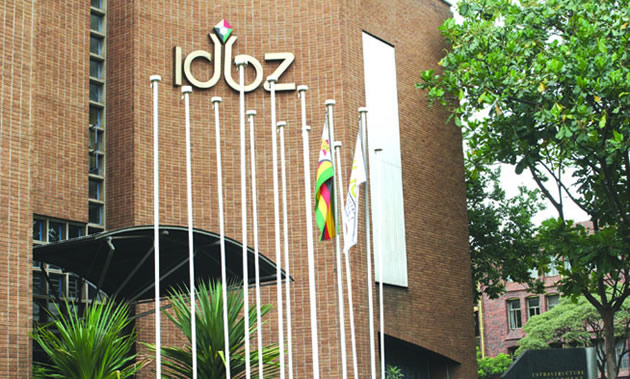Bank approves four $108m housing projects

Prosper Ndlovu, Business Editor
THE Infrastructure Development Bank of Zimbabwe (IDBZ) board has approved the implementation of four construction projects in the country this year at a combined cost of $108.4 million.
The projects include residential stands development in Empumalanga West in Hwange Town, Kariba Housing Project, Sumben Housing in Harare as well as students and staff accommodation programme for seven universities.
The approval of the projects was done at a recent first quarter meeting by the board of directors, the IDBZ said.
According to the bank, the Hwange project will be implemented over a period of 12 months at an estimated cost of $5.8 million to be funded through a housing bond from IDBZ. The bank said project development was already underway with civil works scheduled to commence in the second quarter of 2017.
“IDBZ will be implementing this project in partnership with the Hwange Local Board and at completion will deliver 2, 135 fully serviced high density residential stands in Empumalanga Township,” said the bank.
It said the scope of the project was in two parts, namely developing of onsite and off-site infrastructure. Onsite servicing will comprise construction of tarred roads, storm water drainage, public lighting, electricity, water and sewerage treatment plant and construction of ponds to treat sewer disposals.
The Sumben project involves development of low density residential stands in Mount Pleasant. Under this project IDBZ is partnering with the land owners and the scope entails full servicing of approximately 12ha of land into an upmarket suburb delivering about 370 residential stands with average size of 2000 square metres.
The Kariba project targets development of 1 557 high, medium and low residential stands at a cost of $14.8 million. The project is expected to take 12 months to complete with commencement set for June this year.
At completion the project would facilitate relocation of 391 households who are presently residing at Mahombekombe suburb, which is precariously situated under a high voltage 330kv power line from Kariba Power Station. There is growing demand for housing in Kariba with backlog of more than 3 000, according to IDBZ.
The bank said new housing units are needed to meet staff accommodation requirements for Zimbabwe Power Company workers arising from the 300MW Kariba South Expansion project as well as Lake Harvest employees who want about 250 housing units.
Under the university projects, IDBZ would construct student halls of residence at identified institutions in the country. Given the scale of the project the IDBZ said implementation will be done in phases involving construction of 1 200 to 1 500 capacity students’ hostels including, in some instances, the extension and completion of existing facilities. The bank said Phase I will avail blocks of student hostels at Lupane State University, Bindura University of Science Education and the National University of Science and Technology at an estimated overall cost of $34 million with implementation period of 16 months.
Phase II will cover the Catholic University of Zimbabwe, Chinhoyi University of Technology, University of Zimbabwe and the Great Zimbabwe University to be brought on board in the second half of 2017.
“Phase 1 design works are complete and soon the bank will be inviting bids from contractors for the actual construction works to commence early in the second half of 2017. It is estimated that Phases I and II will require $75 million in funding commitment,” said IDBZ.
“The overall project objective is to contribute towards socio-economic growth through improved access to quality tertiary education by providing high standard and affordable student accommodation facilities at the country’s national universities.”
In order to enhance affordability of the ultimate facilities the bank said the model of delivery will be under Built Operate and Transfer arrangements for periods spanning up to 20 years before the hostels are transferred to the beneficiary universities.











Comments